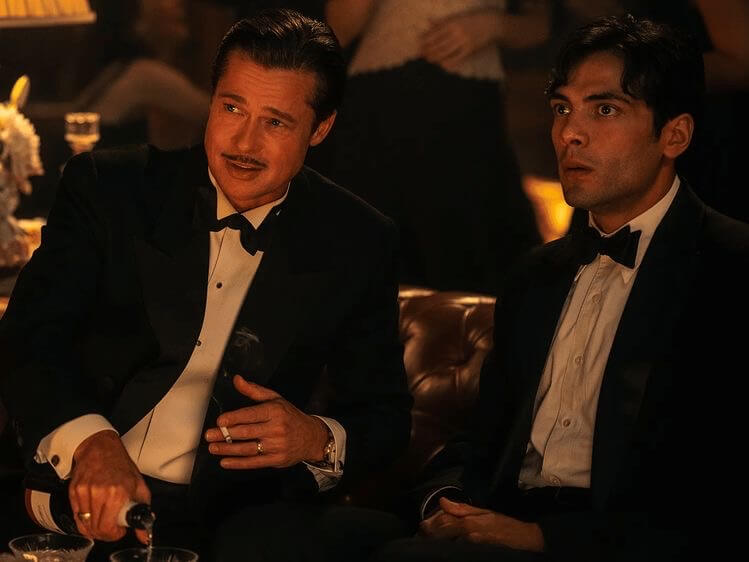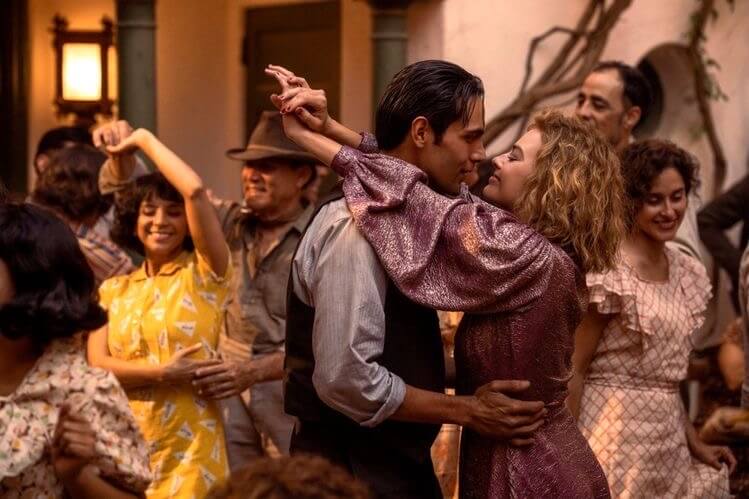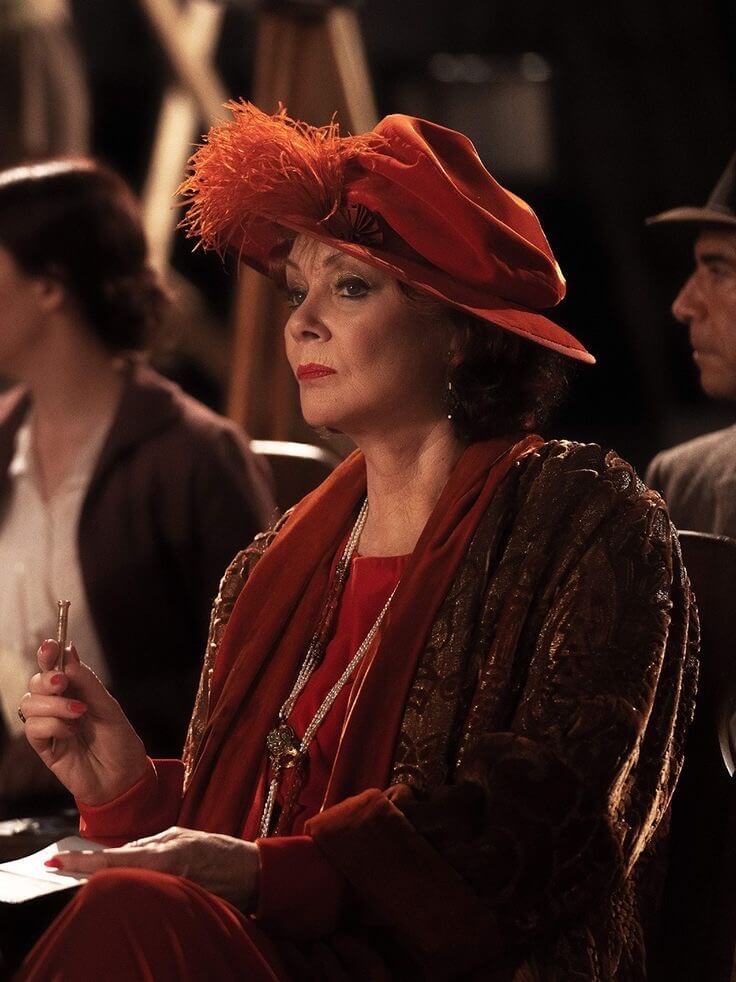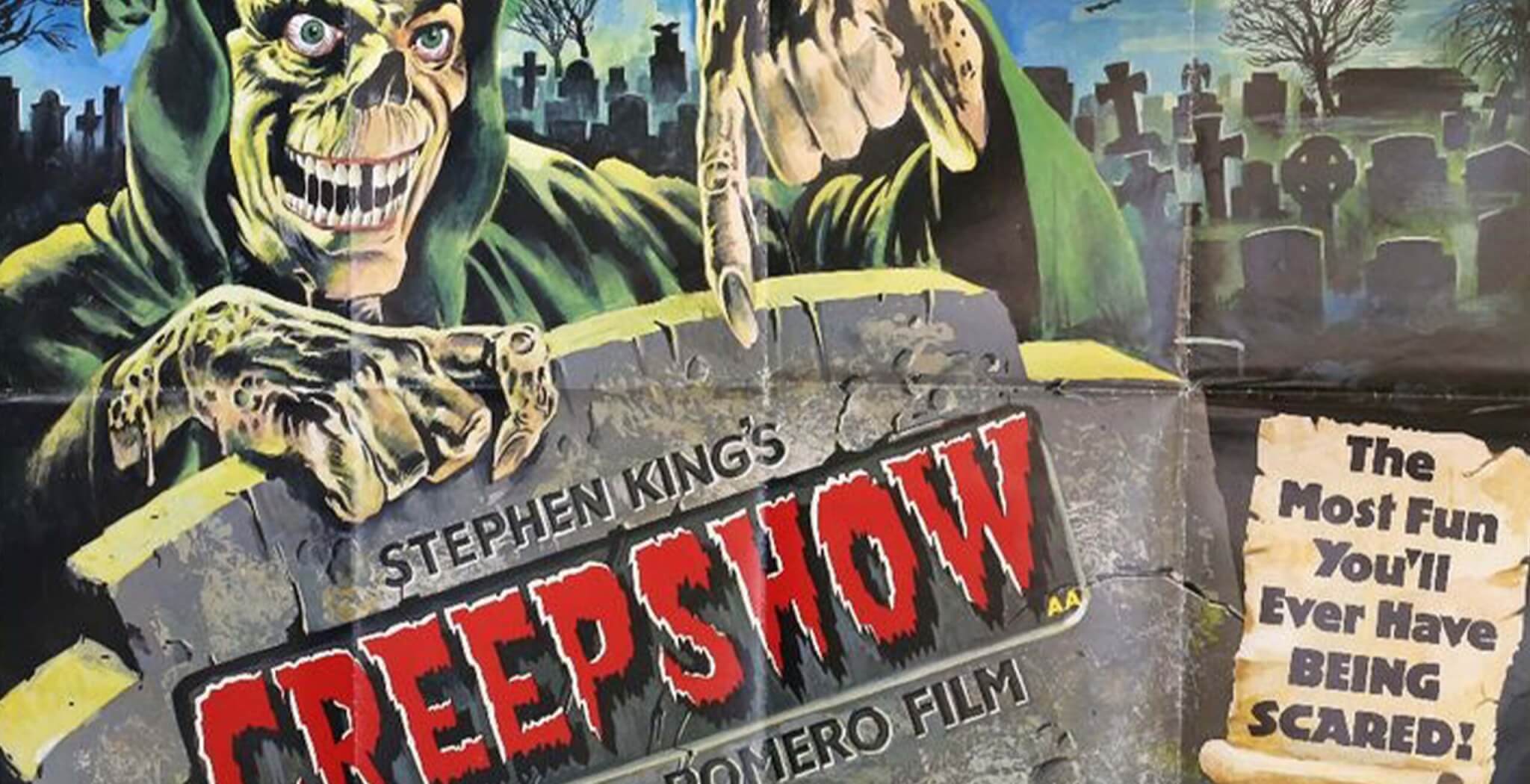“Babylon” confuses excess with entertainment
Regardless of the multitude of deaths, big and small, cinema is currently facing a decline. This industry, above all others, clings to the hope that audiences will flock to celebrate its greatest love: itself.
However, this mindset is only logical for an industry that tends to inflate itself during times of crisis, holding onto the insane belief that its bubble will never burst, despite all the evidence to the contrary. The film “Babylon” aspires to think, aim, and act big, but ultimately feels small in its desperate attempts to make us care about the enchantment of celluloid, which should evoke an automatic emotional response without coercion.
Cinema is the ultimate creator of powerful images and emotions, yet here we are spun through a grinder until we are utterly exhausted, yearning to return to reality as a form of escapism. We witness individuals being chewed up and spat out by Hollywood, leaving the cinema with a bitter aftertaste that reminds us that Hollywood is both one of the world’s most exciting and, at the same time, most terrifying and frustrating places to work. “Babylon” serves as a commentary on the excesses of Hollywood, told in the most excessive manner possible—a hedonistic hellscape that prioritizes shock value over any meaningful revelations.
Set during the transition from silent movies to talkies, “Babylon” paints a vivid picture of Hollywood as the city of cinema. In its 189 minutes, writer and director Damien Chazelle takes us on a whirlwind journey through a chaotic community comprising aspiring artists, established stars, and everyone in between. Brad Pitt portrays Jack Conrad, an actor driven by alcohol and the desire to prove that moviemaking is a true art form. Margot Robbie, with her chaotic energy reminiscent of Harley Quinn, plays an aspiring actress, while Diego Calva takes on the role of a Mexican immigrant who dreams of making it in the movies. By the end credits, these characters will become both familiar and yet unknown faces.
For Chazelle, unrestrained drinking and copious drug use serve as symbols of a time in which excess and ecstasy, completely distorting the reality of an artist’s life in the 1920s, were seen as the sole sources of creativity and enjoyment. The inner void of the protagonists is reflected in the dim glow of the silver screen, which they can never convincingly fill. We witness Nellie, Jack, and Manny indulging in the perks of movie-making, but we never fully grasp their ambitions or their desire to create art. Instead, we learn that they revel in sex and drugs—a pursuit not uncommon in this world.
“Babylon” is also a peculiar love letter to cinema, penned with a poisoned pen, and seems oddly out of sync with its time. The explicit sexual encounters depicted are entirely consensual, as if the #MeToo movement and its conversation about the dark underbelly of the Golden Age of Hollywood never occurred. The real trauma experienced by the starlets of reality was not a peculiar gambling addiction like Nellie’s in “Babylon,” but rather systematic sexual abuse perpetrated by their employers.


While “Babylon” aims to present an alternative history of Hollywood, its relentless focus on supposed excesses becomes tiresome and revels in an indulgent and exhausting attention to detail. This revisionism is as old as cinema itself, as the industry has always enjoyed either mocking or playfully teasing itself. However, what exactly is so captivating about taking such a cynical and meticulous look at it, instead of creating an alternative universe, as Ryan Murphy attempted with his Netflix series “Hollywood,” which also failed due to its ambitious nature? This remains entirely unclear. After all, failure can be honorable when, like Murphy, there is an endeavor to rewrite Hollywood’s past and give the spotlight to those marginalized by the film industry—a spotlight denied to them in reality.
Instead, “Babylon” indulges in a monotonous string of scenes that precisely depict the excessive nature of Hollywood—a triumph for the technical aspects of filmmaking, but a letdown for the imagination.


Considering the underwhelming release of “Babylon” in the US, it is evident that the audience is not currently nostalgic for the good old days of Hollywood. While the audience may not always be right, their preferences ultimately shape the fate of cinema. “Babylon” might be one of the last remnants of auteurism, for better or worse.



























